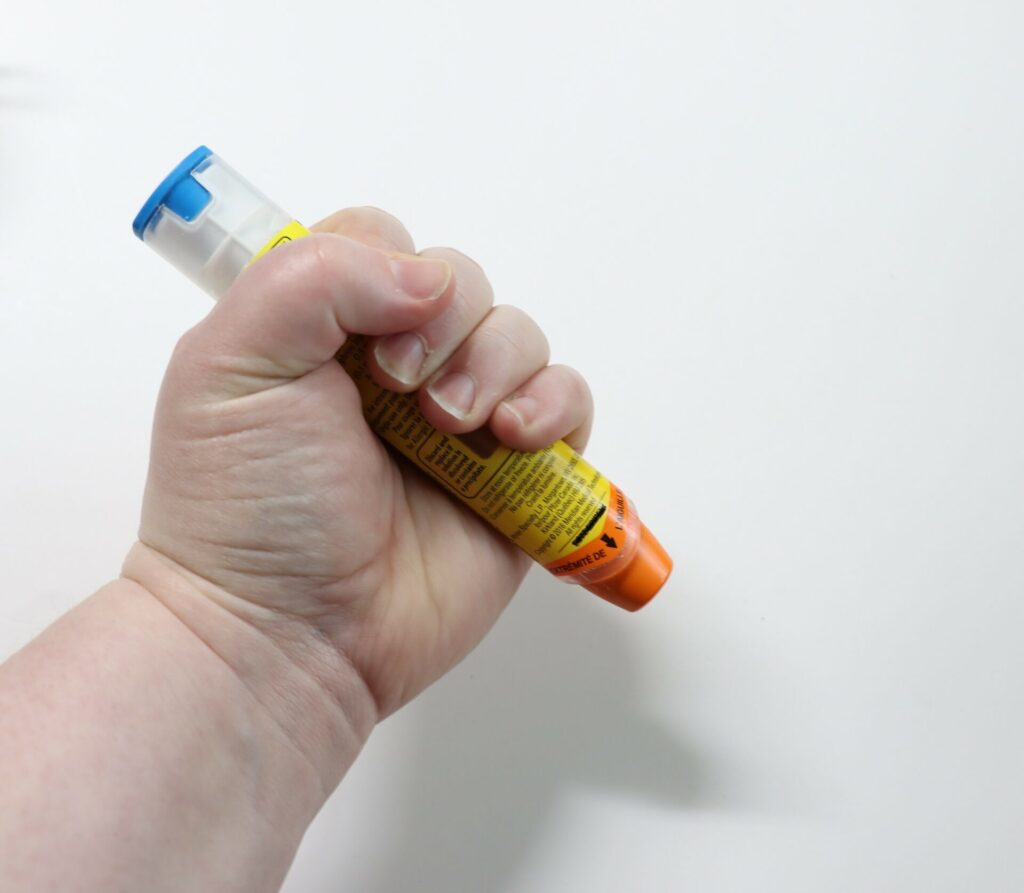Do your child’s eyes become itchy, watery, and irritated whenever your cat cuddles next to them on the couch? Does their nose become runny and their throat begin to itch at the first sign of pollen in the air?
If your little one exhibits common allergy symptoms when exposed to triggers, they may suffer from year-round or seasonal allergies. Whether your child experiences symptoms from seasonal allergens—like pollen or ragweed—or year-round allergens—like dust mites and pet dander—there are several tips and tricks you can use to reduce exposure and help them find relief.
Tip #1. Schedule Your Child’s Allergy Test
Before you can help your child find relief from their allergies, you have to know what it is they are allergic to first. All signs may point to a pet dander allergy, but testing could reveal that your child is even more allergic to dust mites.
Your child needs to undergo testing to find out all the allergens that cause irritation. That way, you can have a clearer understanding and a more effective game plan to treat your child’s allergies and help mitigate their symptoms.
Through a skin allergy test, your allergist can determine your child’s triggers and provide the medications, treatments, and helpful information needed to avoid allergen exposure at home.

Tip #2. Keep Medications Close
You never know when allergens may appear and cause your little one to react. If they are allergic to pet dander and visit a friend or family member with indoor cats and dogs, your child could have a miserable time during their stay. Or, if the seasons are changing and plants are starting to bloom, they are likely to encounter pollen and other seasonal irritants everywhere they go.
By ensuring your child is always equipped with their medication—whether it be eye drops, antihistamine pills, nasal sprays, or any other type of med—you can intervene at the first sign of a reaction to help reduce the severity of their symptoms. Keep medications on you when you are with your child, or ensure they have their medications with them and know how to use them safely when you are not around.
Always Have an EpiPen Ready if Needed
It is especially crucial to be equipped with medication like an EpiPen if your child suffers from anaphylaxis. Such a severe reaction to allergens is extremely dangerous. It requires immediate medical attention, but administering epinephrine at the first sign of a reaction can help manage symptoms or at least keep them from reaching life-threatening levels until you can get your child to their doctor or a medical professional.
Tip #3. Keep Windows Closed During Spring and Summer
When people talk about seasonal allergies, the seasons they are referring to are spring and summer. Flowers, trees, and grasses are waking up from the winter, and as a result, dense amounts of pollen fill the air everywhere.
While it is impossible to avoid pollen exposure all altogether, you can help decrease your child’s exposure if they are allergic by keeping your car windows rolled up and the windows in your house closed. Don’t leave doors open for too long, either—that will help prevent pollen-filled air from blowing into your home and irritating your child.
Tip #4. Evaluate Conditions at Home
If your child struggles with year-round allergies like dust mites, mold spores, or pet dander, it’s beneficial to examine conditions at home and address the root problems.
- If they have a pet dander allergy, perhaps indoor pets should be confined to a specific room or area to minimize the amount of dander throughout the house.
- If they are allergic to dust mites, you can create a regular laundry and vacuuming schedule to ensure bedding and carpets are routinely treated for dust mites.
- If they are allergic to mold spores, you may want to have your home evaluated and treated for indoor mold. Because mold grows in damp environments, controlling it could require you to install a dehumidifier or address a more significant moisture issue affecting your house.
Tip #5. Try Soothing Remedies to Help Relieve Symptoms
There are many at-home remedies to calm allergy symptoms and help your child find some relief.
- Steam – If your child experiences congestion, run a hot shower with the door to the bathroom shut. Once the room is nice and steamy, have your child stand in the bathroom so the heat and moisture can help loosen and flush out mucus.
- Tea – Hot herbal tea can be a soothing remedy for nasal allergies. Along with the steam a hot cup of tea releases, the properties of herbal teas can ease symptoms like throat irritation and can help your child feel better.
- Compresses– Applying a warm or cold compress to the face can help soothe irritation. Cold cloths can be effective for swollen, itchy eyes, while warm cloths can relieve sinus pain.
- Salt water – Gargling warm salt water can relieve a sore or irritated throat. Simply add 1/2 teaspoon of salt to an 8-ounce glass of heated water and stir. Additionally, a sterile saline solution for nasal irrigation can help open up nasal passages for better breathing.
Want to find relief for your child’s allergies? Talk to the team at Langford Allergy.
Dr. Langford and our team are well-versed in the allergy triggers that commonly affect children and adults. We will conduct a thorough allergy test to discover all the allergens affecting your child and create a treatment plan to help everyone breathe easier. Schedule your child’s appointment today by calling 478-787-4728.
Related articles:
Can Cold Weather Cause Allergies?
